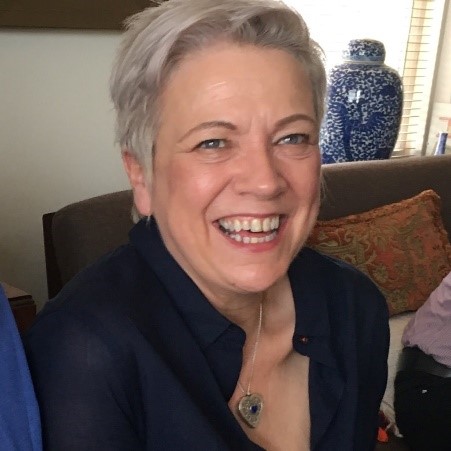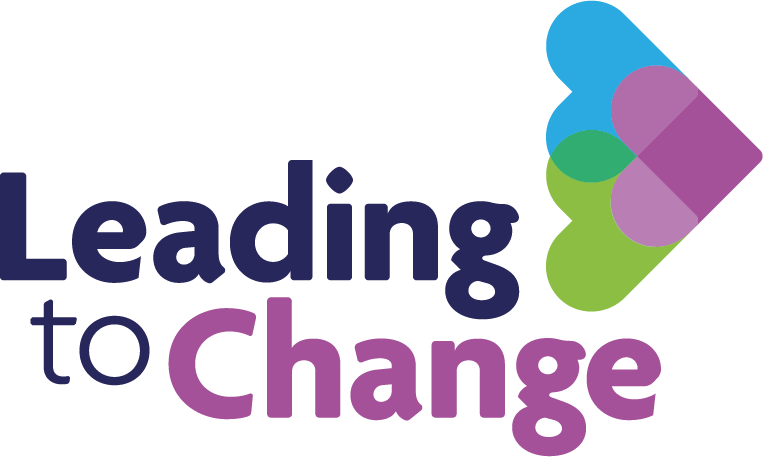The Role of Leaders in Social Work and Active Allyship
05/04/2023 -
Iona Colvin is Chief Social Work Advisor for the Scottish Government.
Can you tell us about your journey to leadership?
Going back years, my dad always wanted me to be a social worker. He was a social worker and wanted me to pursue that as well. I decided I was going to go to university and study social sciences, with a focus on philosophy. After graduating, I worked in the residential sector, working with women who had problems with alcohol use. I became an assistant manager in a day care centre for people who had alcohol problems. This was all before the time that drug use was a major problem in Glasgow or in Scotland in general.
In the early 80s, I became a manager in Strathclyde Regional Council, setting up a new addiction service in Glasgow. In those days, there was very little specialisation in social work teams, they were generic teams where everyone did a little bit of everything. We had a strong focus on working with women and parents who had alcohol problems, helping them to regain control of their lives so that they could continue to look after their children.
We saw the real explosion of drug use in the area in the mid-80s. So, I moved to working in the inner city in Glasgow, where I set up a community drug and alcohol service with my team. This was incredible work to be involved in, seeing people transform their lives with the right kind of support and understanding.
I was seconded from that role to do my social work qualification with support of senior management at the University of Glasgow. When I returned, I got a job as the assistant district officer in the Southwest of Glasgow, where I set up addiction services.
Along the way, restructuring happened. I didn’t consciously make the decision to go into management. At each point the question was, do you want to stay here and let someone else be the direction, or do you want to be the one directing it? Normally, I wanted to be part of the direction and whole-heartedly believe that people who use drug and alcohol services deserve decent services and to be treated in a humane and positive way.
I was then promoted to the Principal Officer for Addiction Services, where I was working alongside my colleagues for acknowledgement of the need to provide good services and get funding. Then came the merge with Glasgow District Council. We set up an integrated addictions partnership, leading to further integration. I then became the Director of the Community Health and Care Partnership for Southwest Glasgow.
The driving force has always been how we deliver services alongside people and shape them around people’s needs, moving away from the silo approach.
In 2010 I started working as the Director of Social Work in North Ayrshire. We integrated ahead of the 2014 legislation for integration, we spoke about how this was an opportunity to better deliver services with people, not to people. After this, I got the job as the Director of Health and Social Care (IJB CO), the motivating factor has always been: how do we make things better for the people we serve and the communities we work within?
It’s really important for leaders to recognise the talent that you have in your team, get people into the right place for their strengths and their abilities so that they can flourish and then people around them can flourish as well. It’s also really important to recognise where you come from and what you have, or don’t have, and how you then work with the people who have those strengths.
How have you seen social work change since you first started out?
Social work has changed immensely over the last several decades. One of the massive shifts has been the mindset switch in the way people who use substances or alcohol are seen and treated. Social workers have always had a focus on human rights and treating people with dignity, but the wider view has definitely shifted from seeing these people as responsible for their own actions and ‘undeserving’ of the support offered, to an increased sense of support and understanding of the wider societal factors at play in addiction.
We’ve seen a shift from generic social work teams, as I mentioned earlier. We have much more specialised services and specialist social workers who have that opportunity to really be in about the details and have that vast accumulation of knowledge. We do obviously still have some generic social workers, but those are much rarer now.
The Scottish Association of Social Workers published a report in 2021, a snapshot into racism in Scottish Social Work. How do you think the Scottish Government can support this work?
I want to start off by saying that there is no place for racism in our profession. Social workers are, by definition, champions of human rights for the people we work with and the communities we work in.
The Office of the Chief Social Work Adviser (OCSWA) is working alongside the Scottish Association of Social Workers (SASW) and other organisations to reduce experiences of racism and racist behaviour in Scottish social work.
We are developing a national anti-racism action plan for the social work workforce. To support the creation of an actively anti-racist culture in Scottish social work, OCSWA’s anti-racism plan mirrors SASW’s anti-racism action plan.
We are planning to implement the action plan, in partnership with members of the Social Work Anti-Racism Oversight Group. We are actively engaging and listening to the experiences that have been shared with us.
What is the role of leaders in social work in active allyship?
It’s not just about a traditional view of leaders being the heads of our profession. Tackling racism in social work needs to be a goal for leaders from all levels. Being an active ally means that you are someone who engages and are prepared to take consistent and meaningful action to ensure that your workplace, team and community is a safe and inclusive space for all, regardless of their gender, race, ethnicity or any other protected characteristic.
If you are a member of the social work profession, then I ask you to please, please, demonstrate active allyship by supporting our minority ethnic social workers and social work students with their career development and by also reporting through your line manager or organisation processes any incidents of racism you either witness or are brought to your attention for investigation and resolution.
If you are one of our Chief Social Work Officers or head of an organisation that trains social workers in Scotland, please demonstrate active allyship by reviewing the working and educational environment and ensure there is an anti-racist approach embedded within your organisation. It would be great to hear about your ongoing work in this area so please do get in touch so that we can share and amplify more widely any local action you are taking.
If you are a minority ethnic social worker or minority ethnic social work student, please know that in my office and myself, you have an active ally. If you need any support or advice, then please do just get in touch by email (OCSWA@gov.scot) and we will do our best to assist.
Reflective Challenge: Reflecting on everything, what is really important is the motivation that drives each of us. I have been driven by the positive impact I can have on others. I challenge you all, think about what your behaviour and the culture you are surrounded by says. Think about how your actions have impact on others, not just with people who use our services, but with your teams and your colleagues. Am I not racist, or am I actively anti-racist and how can I become a more active ally?’
We’d like to thank Iona for writing this guest blog which is part of the Leading to Change Diversity Blog Series. We want to highlight and promote the voices and experiences of diverse leaders at all levels including those working at frontline / grassroots levels. We aim to celebrate diverse leaders who can act as role models for other aspiring, diverse leaders.

Iona joined the Scottish Government in 2017 after more than 30 years working in Local government with eight of those years working in four posts with the NHS. Iona’s previous posts include:
- Director of Health and Social Care and IJB Chief Officer – North Ayrshire
- Director of Social Work and CSWO – North Ayrshire
- Director of Southwest Glasgow Community Health and Care Partnership
- Joint General Manager, Addiction Service – Glasgow
- While Iona is committed and compassionate social worker, she has a particular interest in developing integrated approaches to improve outcomes for children, young people and adults. Leadership is critical in developing and delivering change in the public sector and Iona is delighted to be involved in the National Leadership Development Programme.
Within the Scottish Government, Iona is a member of the senior Leadership team for children and families and the health and social care management board. Iona has also been a member of the Drugs Death Task Force.
Since joining the Government in 2017, Iona has chaired review groups relating to out-of-hours care, allowances for children in foster care and kinship care and health and social care in prisons. She is currently co-chairing the group considering care and quality standards for Barnahus.
All information regarding our contributors was correct at the time of publishing.
What is this for?
Click this button to record your learning in the Leading to Change app. If you have a profile in the Leading to Change app you now have the ability to record any learning showing this button. If you do not have a profile you can register with a TURAS account or create one for free.
5 minutes and 00 seconds till you can record this learning activity
We have estimated that this resource will take 5 minutes to complete. Once the timer below is complete you will be able to select ‘Record your learning’.


